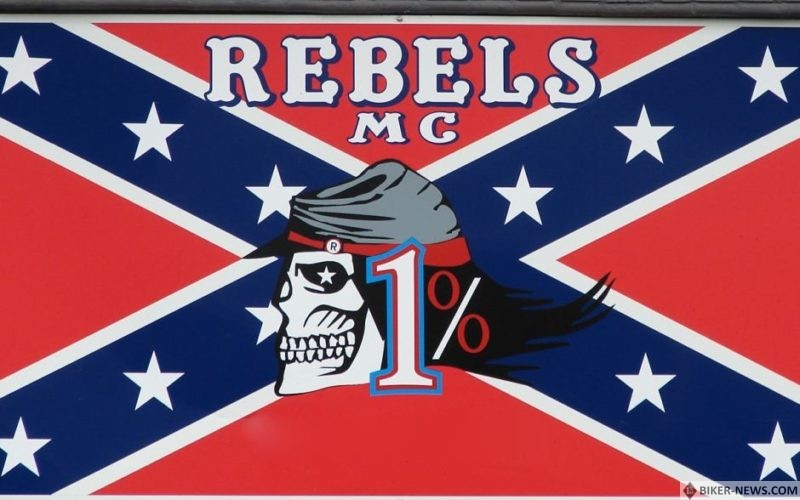An Outlaw Motorcycle Club has launched a High Court challenge against NSW’s anti-bikie laws.
The legal showdown between the Rebels OMC and NSW Police could have enormous ramifications for law enforcement around the country and determine how far agencies can go in the battle against organised crime.
Attorneys-General in Victoria, Queensland, Western Australia and South Australia have intervened and made submissions in the case, which will be heard before the full bench of the High Court on Tuesday. The constitutional challenge comes after NSW Police applied to the Supreme Court for Serious Crime Prevention Orders (SCPO) against three figures allegedly associated with the Rebels MC late last year.
The orders were introduced in 2016 as a way of clipping the wings of gang members who weren’t necessarily facing criminal charges but, police claimed, posed a risk to public safety. As a result, the liberties of the warring bikies were heavily restricted, including a ban on encrypted communications, visiting pubs or clubs, associating with other club members and even driving around at night.
Now NSW Police has turned its focus on the Rebels. Applications for serious crime prevention orders have been made for Damien Vella — who took as club president after his uncle Alex Vella was exiled — Johnny Vella, fellow Rebels member Michael Fetui and Chris Rymer.
Fetui is facing charges in Queensland for a shooting at a shopping centre and Rymer, who is not a party to the High Court challenge, faces drug charges.
A decision on whether the Rebels OMC will face the same fate as the Newcastle Nomads and Finks is on hold pending the outcome of the High Court decision. According to submissions filed in court on behalf of Johnny Lee and Damien Charles Vella and Fetui, the serious crime prevention order laws impair the institutional integrity of the courts and undermine public confidence in the justice system.
The key sticking point is the grounds for seeking an order — a person has been convicted of a serious criminal offence, regardless of how long ago it was, or involved in serious criminal activity. It is up to the Supreme Court to decide whether the person was involved in that activity or not, even if they were acquitted of an offence or not charged with one at all.
“That approach allows lip service to be paid to the acquittal but diminishes it by prosecutors having another bite at the cherry,” the submission states.
In the case where a person has been convicted of a crime in the past, the SCPO means they are being punished for an act they have already been sentenced for, the submission added. Furthermore, the submissions allege that orders involve the “deprivation of liberty” without a determination of guilt through the usual channels, like a trial.
The Rebels argue this requires the courts to dispense two grades of criminal justice and the orders undermine the Constitution. However, the police will argue the orders don’t punish for past behaviour but impose restrictions that protect the public from serious criminal activity in the future.
The law requires the court to engage in a “balancing exercise” in deciding whether to impose an order or not and the decision is at the court’s discretion. It is also fanciful to think police would apply for an order against someone with a minor conviction for stealing clothes from a department store, according to the submission. Lawyers for NSW Police and the Rebels refused to comment when contacted on Friday.
Source: The West
